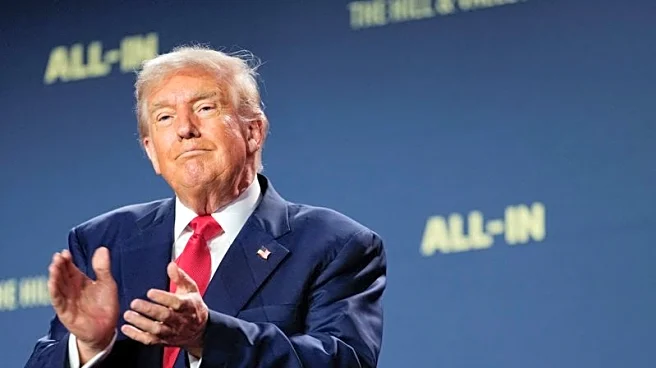By Daphne Psaledakis and Simon Lewis
WASHINGTON (Reuters) -U.S. officials will consider enforcement of affirmative action policies and state subsidies for abortion as infringements when compiling the State Department’s annual human rights report, as President Donald Trump's administration seeks to reshape foreign policy in line with "America First" principles.
Under the Trump administration, the human rights issue has been repurposed to fit his priorities in favor of economic dealmaking and an agenda
he sees as appealing to his MAGA base. That has included a complete overhaul of the State Department's human rights apparatus, which had long been the centerpiece of traditional U.S. promotion of democratic values.
A senior State Department official said that new instructions to U.S. officials on the report mandate they include "infringements on human rights in foreign countries," including on arrests or official investigations over speech as well as the state subsidization of abortions or abortion drugs and the total estimated number of annual abortions.
Officials are also mandated to note the enforcement of diversity, equity and inclusion policies that "'provide preferential treatment' to workers on the basis of race, sex, or caste."
"In recent years, new destructive ideologies have given safe harbor to human rights violations. The Trump administration will not allow these human rights violations, such as the mutilation of children, laws that infringe on free speech, and racially discriminatory employment practices, to go unchecked," State Department deputy spokesperson Tommy Pigott said.
For decades, the State Department's congressionally mandated Human Rights Report has been used as a blueprint of reference for global rights advocacy.
The change in guidelines comes after the administration this year scaled back the report, dramatically softening criticism of some countries that have been strong partners of the Republican president.
Instead, it sounded an alarm on the erosion of freedom of speech in Europe and ramped up criticism of Brazil and South Africa, with which Washington has clashed on a host of issues.
The Trump administration has moved away from the traditional U.S. promotion of democracy and human rights, seeing it as interference in another country's affairs, even as it has criticized countries selectively.
One example is Europe, where Trump officials repeatedly weighed in on politics to denounce what they see as suppression of right-wing leaders, including in countries such as Romania, Germany, and France, and accused European authorities of censoring views such as criticism of immigration.
(Reporting by Daphne Psaledakis and Simon Lewis; Editing by Stephen Coates)

















